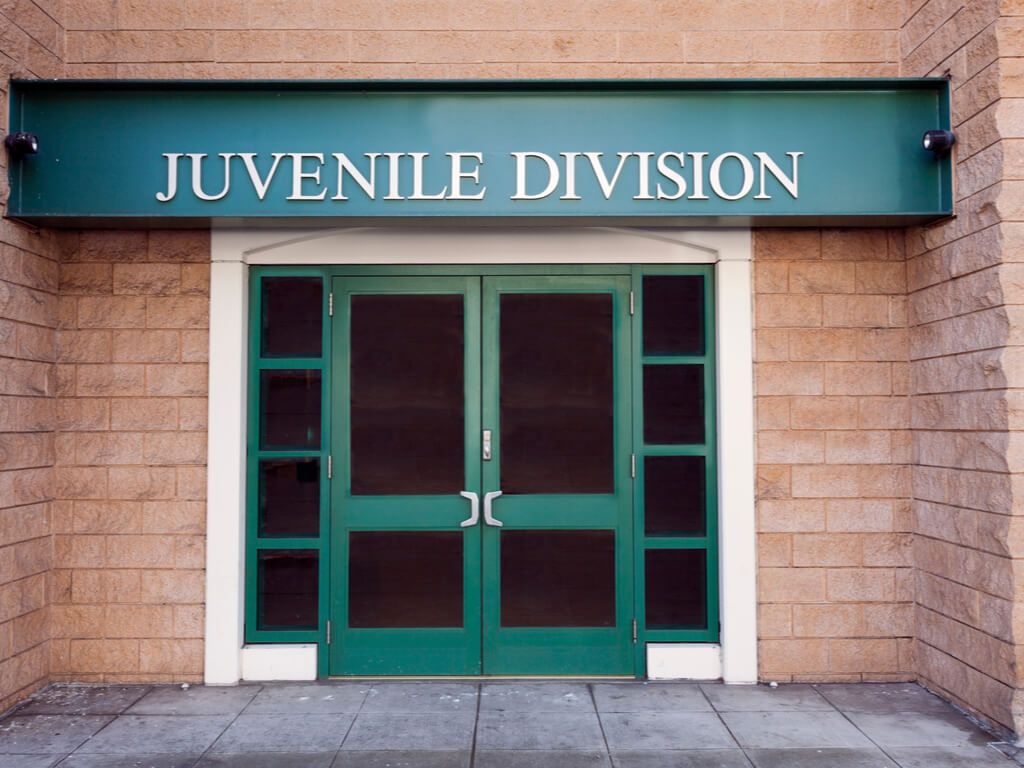How Tough is Juvenile Court?

Juvenile court is for children between the ages of 10 and 18 who commit criminal offenses. In some cases, the use of juvenile court can continue until someone is 21 years of age if they’re being tried for a crime they committed when they were younger. These offenses are considered delinquent acts rather than crimes, and they’re not charged so much as petitioned against in juvenile court. Violent crimes like murder, manslaughter, rape, assault with a deadly weapon, and drug dealing can see a juvenile pushed to adult court for the severity of their crimes.
We have juvenile court because the judicial system recognizes that someone under 18, a minor, hasn’t developed the same decision-making capacity as adults. This belief extends to a greater capacity to anyone under the age of 10. If a child under the age of 10 commits a crime, in most cases, the court will not charge them on the assumed belief that they do not have the capacity to understand what they were doing. For a juvenile court to prosecute someone under the age of 10, the prosecution would have to first prove that the child had the mental capacity to understand that what they were doing was wrong.
How is Juvenile Court Different from Criminal Court?
The first difference between juvenile court and criminal court is that there is no jury. Juvenile courts use trial by a judge rather than a jury. This is because the criminal court requires that you be judged by your peers, but a juvenile’s truest peers are not considered to have the mental capacity to serve on a jury.
This could arguably make juvenile court both tougher and easier than criminal court. In juvenile court, you only have to convince one person of your innocence, but that leaves your defense with fewer options. In criminal court, a defendant has multiple people they can convince they are innocent. These people can then, in turn, convince other jury members that you are innocent in their deliberation.
Factors Judges Consider in Juvenile Court
The factors that judges look after considering whether to proceed are similar to an adult’s sentencing but are peered through a different lens.
- The severity of the offense – For criminal court, the judge and jury use the severity to decide the punishment, should the defendant be guilty. In juvenile court, the severity of the offense means the judge has to decide whether to send the juvenile to criminal court. This leads to a longer case, which means more chances to convince the court of your innocence. At the same time, that’s more time and potentially more people that need to be convinced of your innocence.
- Age – Adults, who make up the vast majority of criminal court cases, tend to understand that the crime they’re being accused of is wrong. Most have the life experience to know right from wrong in any criminal situation. In juvenile court, this is the opposite. A defendant in juvenile court may not even understand that what they’re being accused of is wrong, or why. Determining this affects a juvenile’s sentencing from the judge.
- Past record – An adult’s record reaches back farther, which paints a pattern that seems more likely to continue than the short one of a juvenile’s. At the same time, a one-time break from the pattern stands out more in an adult criminal case than a juvenile’s. A juvenile with a long record may appear to be less doomed than an adult with a long record. But a first-time offense for a juvenile isn’t as shocking as a first-time offense for an adult. A judge could easily assume that a first-time offense for a juvenile is just the start of a pattern.
Do All Kids Go through Juvenile Court?
Once a child has been tried as an adult, they are always tried as an adult in PA. This means that if a child has been accused of a crime that needs to be tried in criminal court due to its severity, from there on after they are always tried in criminal court.
This has led to instances where even when a child has been found not guilty of the first criminal charge, and tried as an adult later on while still a juvenile. The courts no longer take into account the defendant’s age; once tried as an adult, always tried as an adult.
Mazzoni Valvano Szewczyk & Karam Can Help
Juvenile court isn’t necessarily tougher or easier on defendants than criminal court. It has its own special challenges and weaknesses like a criminal court. What it is, is different, which means you need a law firm with representatives experienced in juvenile court. Any regular criminal defense lawyer won’t do.
Contact Mazzoni Valvano Szewczyk & Karam today. We can and will do everything we can to help you achieve the best possible outcome. We can help you or your loved one avoid time in a detention facility, probation, or even their charges altogether.

